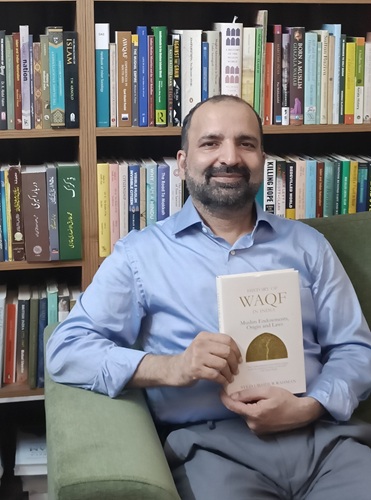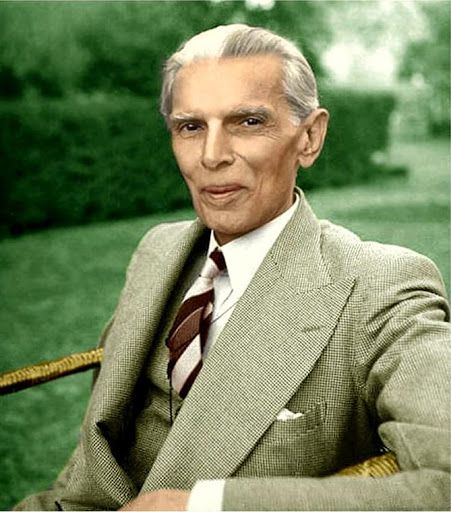Title: Everybody Lies – What the Internet Can Tell Us About Who We Really Are; Author: Seth Stephens-Davidowitz; Publisher: Bloomsbury; Pages: 352; Price: Rs 499
It may have been the first to indicate Donald Trump would be the next US President, but while vintage radio show character “The Shadow” knew what evil lurks in the hearts of men, it also knows about human attitude, behaviour and mindsets — from the extent of racism in America, sex desires and worries worldwide, if sons or daughters are preferred, if people have read the books they claim to and much more.
This revealer of secrets, or rather a powerful computational technique which can find out anything is the much-misunderstood “Big Data” and its instrument is no more than “the everyday act of typing a word or phrase into a compact rectangular white box”.
For these, says data scientist-turned-economist Seth Stephens Davidowitz, “leaves a trace of truth that, when multiplied by millions, eventually reveals profound realities”.
Some may have realised this “white box” is the Google search box. But it is not only an online search tool, for, as he contends — and shows in this book — it is a receptacle for some of the things we really believe or think but don’t reveal, as well an oracle for what we want to know, but don’t want to ask anyone.
And with a range of Google tools to facilitate analysis of all this Big Data, we can learn much more about who people “really are” and what they actually think or do as opposed to what they say they think or have done or will do.
Davidowitz, an internet data expert who daily tracks the digital trails of people traversing the web for this purpose, argues the approach can be more reliable as people are much liable to be less than true in surveys — which teenagers mostly take perverse pleasure in distorting — or on social media.
To back his claim about surveys, he cites a telling discrepancy from Americans sex lives, citing a respected survey which reports a wide divergence in the number of condoms heterosexual men and woman say they use per year, while condom sales are only a little above half of the lower figure.
Beginning with his claim how internet searches showed that Trump was poised to win — and making a compelling case, interspersed with how he got into the field and the tools that helped (eg, Google Trends) him, Davidowitz notes that initially online search data was not deemed a proper information source for “serious” research.
Google was intended to help people to learn about the world, not to help researchers learn about people, he says, but “it turns out that the trails we leave as we seek knowledge on the internet are tremendously revealing”.
And while seeking to draw all kinds of information from this large reservoir (not only limited to Google) of unguarded and uninhibited opinions and questions — including how correct are the psychological theories of Sigmund Freud, the surprising sex demand of Indian husbands, the worrying extent of racism in the US, the relation between reel and real crime, anxiety levels after terror attacks, how the best racehorses were chosen and more intriguing stuff — Davidowitz also seeks to tell us what Big Data really is — and how new, how “big” it should be, and how intuitive it actually is.
He is understandably gung-ho over his approach, but while he also points out its limitations — understanding correlation may not establish an understanding causation; also, the link between online searches and real personalities may be a compelling but not conclusive, and in such complex entities such as people, there can be more contributory factors towards attitudes than only online behaviour.
However, it is a start on what promises to be a key source of information about us in an increasingly digital world and Davidowitz’s accessible, witty but incisive account, which he terms as the new level of (the interesting but now a bit discredited) “Freakonomics” and replete with a wide range of research, anecdotes, personal experiences and telling facts, is a good start to understanding its principles and intricacies.
(Vikas Datta can be contacted at vikas.d@ians.in)
—IANS






0 Comments